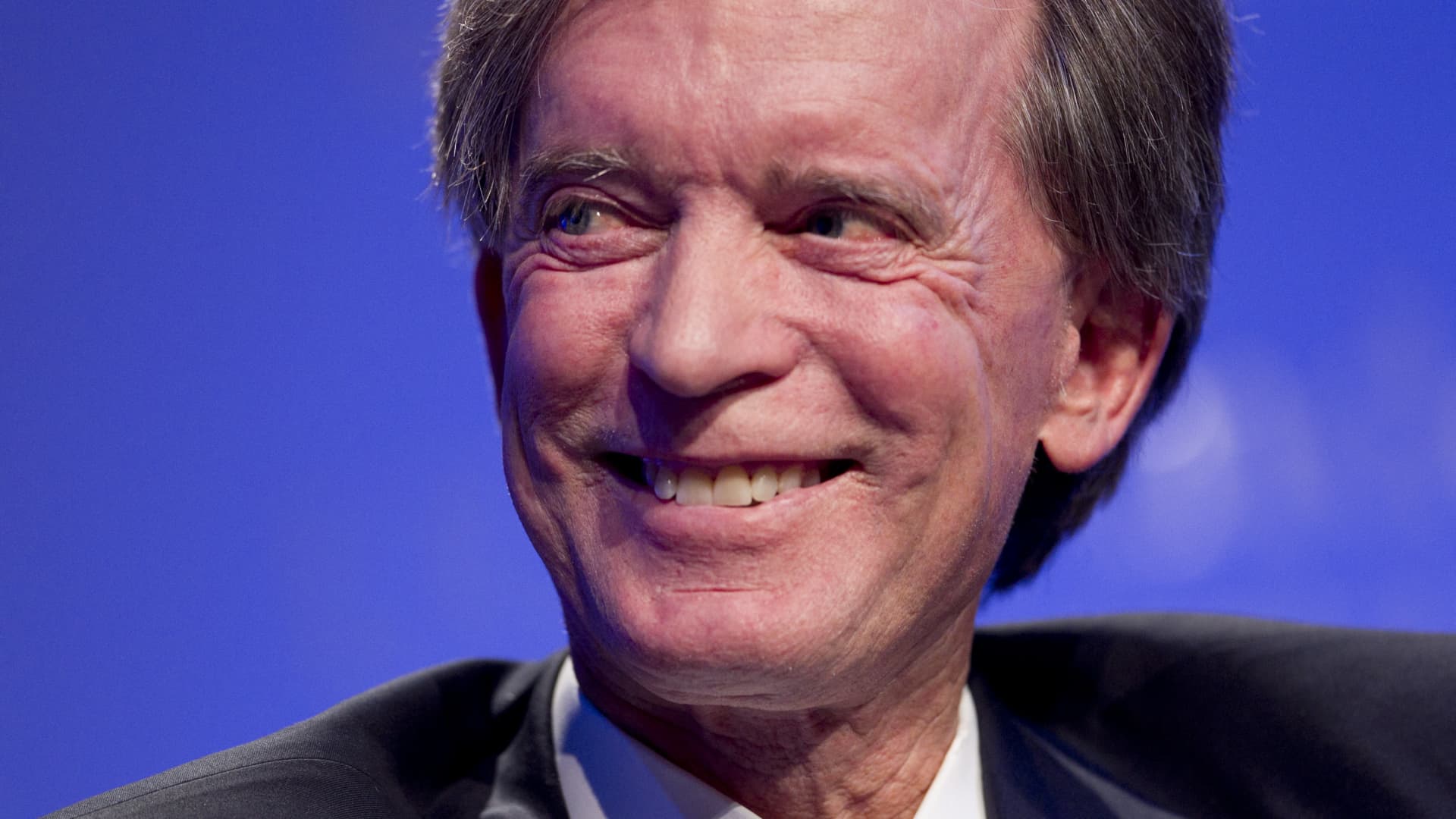High inflation. Fear of recession. Disruptions, like the collapse of Silicon Valley Bank. How did the U.S. economy get here? A two-hour documentary special traces the road to this moment, and the role of the Federal Reserve, the country’s central bank. This journalism is made possible by viewers like you. Support your local PBS station
here: http://www.pbs.org/donate.
FRONTLINE investigates the Fed’s epic economic experiment to revive the U.S. economy with what has been called an “easy money” policy and the far-reaching and sometimes unintended consequences. “If we hadn't been driving our economy for 14 years with easy money and then tried to really quickly undo that now, we wouldn't be having these problems,” former top banking regulator Sheila Bair said in the documentary. From the 2008 recession, to the COVID pandemic, to the rise in inflation, to the current economic uncertainty, “Age of Easy Money” charts the American economy’s tumultuous course, the fragility of the financial system and the widening gap between Wall Street and Main Street.
The documentary examines what led to the Fed’s recent decisions to hike interest rates at a historic pace and probes the ongoing effects, offering a comprehensive and timely examination of the role of the institution at the heart of America’s economy. The documentary is supported by The WNET Group’s Chasing the Dream, a public media initiative that examines poverty, justice and economic opportunity in America. The director, producer and correspondent of “Age of Easy Money” is James Jacoby. The producer is Anya Bourg. The senior producer is Frank Koughan. The editor-in-chief and executive producer of FRONTLINE is Raney Aronson-Rath. For more reporting in connection with this investigation, visit
FRONTLINE’s website: https://www.pbs.org/wgbh/frontline/do...

 @ the breh
@ the breh